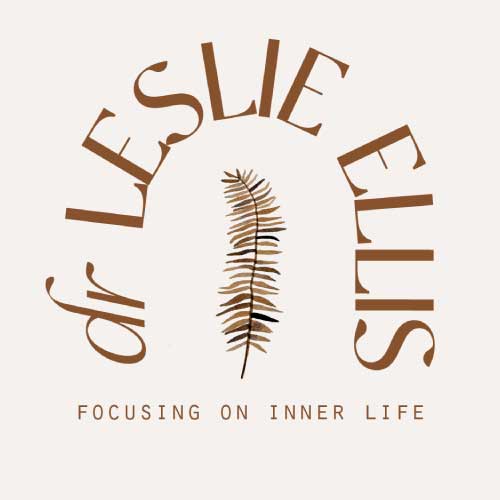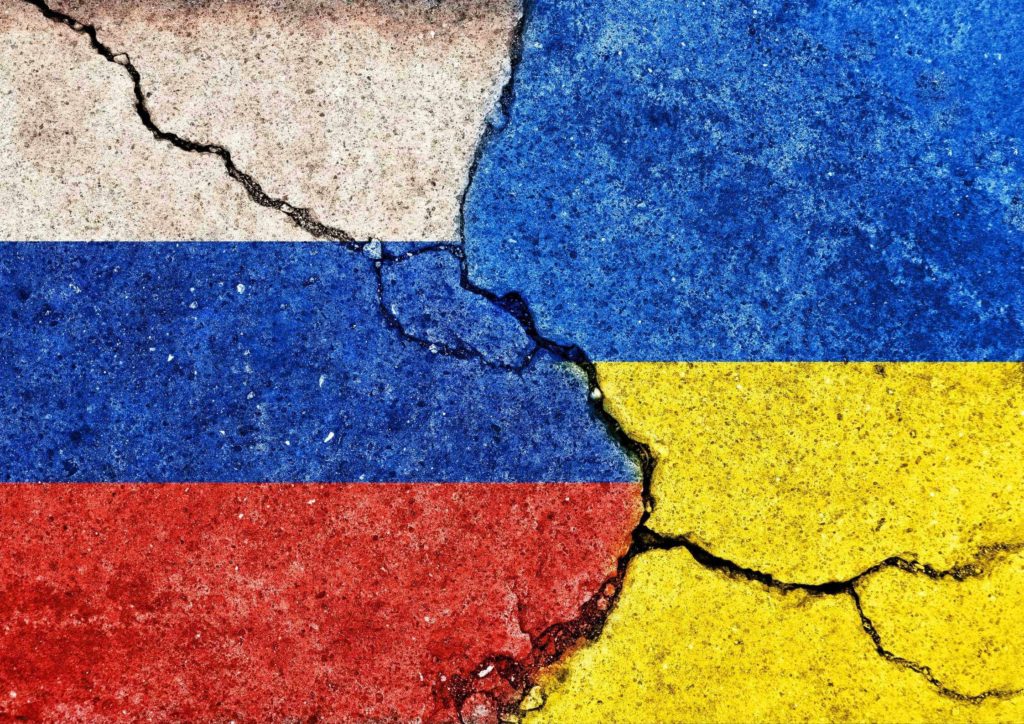Recently I dreamt I was standing on a rocky, mountainous ridge, the stone an iron colour, like dust mixed with blood. I am looking for a way down, and all the options seem treacherous. Suddenly, the ground begins to split under my feet, a massive slice of it neatly dropping away. It feels as if this has destabilized everything around me, as if the earth’s crust has suddenly lost its integrity. I am left in a state of expectant waiting-for-disaster and not sure what form this will take. To me this dream clearly speaks to the devastation I feel as I watch, with the rest of the world, as the horrifying events of the Russian invasion of Ukraine unfold.
Like the recent global coronavirus pandemic, the war in Ukraine is an event that affects us all. It has destabilized the world and divided countries along ideological lines, which has the frightening potential of leading to a much larger war. The pandemic clearly infiltrated the world’s dreams, increasing dream recall and disturbed dreaming, and introducing themes related to health, loss of freedom, invisible threats and death. A number of studies have documented this global phenomenon, lending support for the continuity hypothesis that suggests that waking-life concerns find their way into our dreams. The same holds true for the way war now unfolding is infiltrating our collective dreaming.
In a recent and poignant session with one of my dream classes, I wanted to take a moment to acknowledge the harrowing events in Ukraine. I shared my dream and the personal nature of the war for me. Half my ancestry is a mix of Ukrainian, Russian and Polish. The borders have changed so much in the areas where my mother’s family originated that the same area was at times Russian, Ukrainian or Polish. The epicenter, according to my ’23 and Me’ ancestry test, is at Lviv, now part of Ukraine, part of the area that is being systematically reduced to rubble.
My dream of the ground splitting under my feet feels like a direct response and an apt metaphor for what is happening in Ukraine. This war feels very close to home, destabilizing and so much bigger than me. Others in the dream group, and in other dream circles I tend, have been reporting similar themes: dreams of invasion, of violence and displacement.
One poignant example was a recent dream offered by Theresa, her in-laws having immigrated over 50 years ago from what is now the Ukraine, Germans fleeing from the Russians. Recounting the dream, she said, “I am at my mother’s house. Looking out from the second-floor deck (of my current home), I see the new neighbour with his teenage sons looking towards me. They have torn down the fence and stripped my mother’s backyard of all its’ bushes and flowers. One tree remains, an apple, with only the trunk left standing. Now I find myself in my mother’s basement, the neighbour there with his boys, though younger in age. The room is wild, toys spread chaotically everywhere. I ask the one boy to clean up his mess and he defiantly refuses. I go upstairs to ask his father, the neighbour, and my husband, for help. By the time we return to the room, the toys are cleaned up and the other children confirm the young defiant one has helped…”
Many in the group could relate to the themes of invasion, destruction and utter disrespect of boundaries in the dream. There was a collective sense of grief, sadness and frustration expressed. However, the dreamer is given the last word in this dream process and Theresa said she ultimately saw this dream as one of reconciliation, the coming together of warring parts that have entered the foundation of her mother’s home; an invitation to have all take part in the commitment to a better way.
Recounting the dream brought deep and surprising emotion for the dreamer. Theresa said that her dream invited process at the collective as well as personal level, speaking to the situation in the Ukraine, and her life. She recognized the dream was showing her the power of our own ‘sacred motherland’ and at another level, the strength of the archetypal divine feminine to stand loving and firm while holding chaos and destruction. She felt the dream was hopeful in that her call for help was answered by the two adult men, as well as the children. One apple tree was left standing, the potential for regrowth still present. (The biblical symbolism of the garden of Eden is not lost on us.)
When I had my dream of the ground splitting, or when someone brings a dream of invasion and destruction, I wonder, as I am wont to ask, what is helpful about such dreams?
For the dream groups I am hosting, discussing dreams in times of crisis gives us a venue to feel and express our concerns and the deep emotion that has been stimulated by world events. We can hold each other in our grief and sorrow. Many of us have been given an image or a metaphor for our deep unexpressed feelings. This does not solve the larger problems, but it does make us feel less alone with them and it prompts action, in whatever ways we can offer help.
That world events can infiltrate our dreams makes sense because intense emotion is the fodder of dreams. World crises are changing our dreams collectively, demonstrating how we are all in this together. Information travels fast, and no longer do massive humanitarian crises take place in secret. My hope is the increasingly collective nature of world events can begin to sow the seeds of peace.
Near the close of the dream group, one member, through her tears, spoke in response to Theresa’ dream, “The devastation image was so immediate and resonant of Ukraine, and then Theresa brought such compassion to it. If we are going to dream our mutual dream of the human race forward, this is what will lead us.”


One Reply to “Dreaming in Times of Collective Crisis: A nocturnal perspective on Ukraine”
Dick McLeester
This is excellent and very important that we address the events of the world around us as they are reflected in our dreams. In my “handbook for exploring dreams” back in 1976 I was pointing out that, of course, events in the world around us are reflected in our dreams which can provide a consciousness-raising element for us individually and collectively. This includes ways we can acknowledge connection and compassion, along with feelings of despair, worry and frustration about such events. Thanks for sharing your dream group process. –Dick McLeester (Welcome To The Magic Theater author)
Comments are closed.